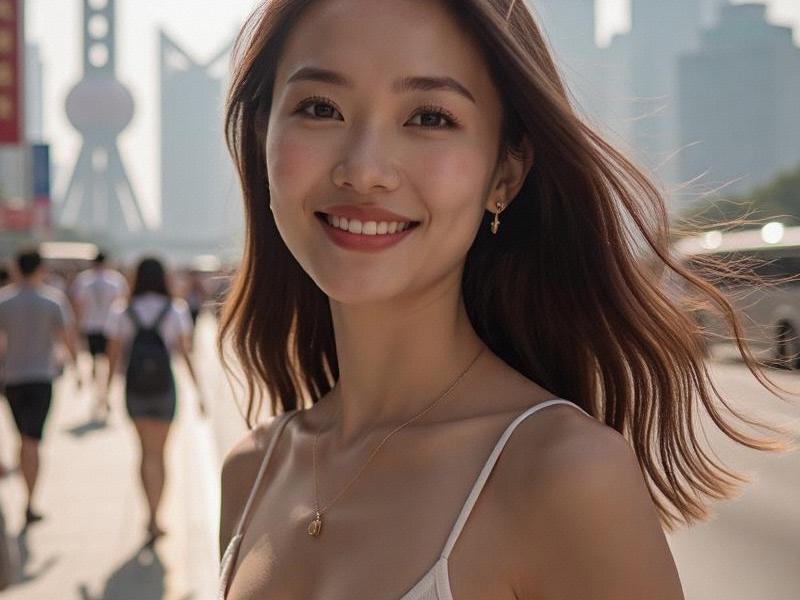
Section 1: Historical Foundations
1.1 The Jiangnan Legacy:
- Silk and embroidery traditions from nearby Suzhou
- 1930s Shanghai's "Modern Girl" movement
- Qipao evolution in the French Concession era
1.2 Socialist Transformations:
- Mao-era unisex clothing and its aftermath
- Post-reform fashion reawakening (1980s-90s)
Section 2: Contemporary Style Ecosystem
2.1 Fashion Districts as Cultural Barometers:
- Nanjing Road's luxury boutiques vs. Anfu Road's indie designers
- The "hidden tailor" phenomenon in old Shikumen houses
上海龙凤419 2.2 Beauty Economy Powerhouse:
- Shanghai's $4.2 billion cosmetics market (2025 estimate)
- Local brands like Florasis outperforming international competitors
Section 3: Professional Powerhouses
3.1 Corporate Leadership:
- 41% of executive roles held by women (highest in mainland China)
- The "Steel Rose" phenomenon in finance and tech sectors
3.2 Entrepreneurial Spirit:
- Female-founded e-commerce platforms
- Social media beauty empires based in Xintiandi
419上海龙凤网 Section 4: Cultural Negotiations
4.1 Modern Relationships:
- Rising singlehood rates among educated women
- The "Leftover Women" narrative being dismantled
4.2 Multigenerational Perspectives:
- Grandmothers' bound feet to Gen Z's sneaker culture
- Shared beauty rituals across generations
Section 5: Global Interactions
5.1 Expat Community Influences:
- French Concession fusion aesthetics
- Cross-cultural marriage trends and style blending
上海贵族宝贝sh1314 5.2 Digital Borderlessness:
- Douyin influencers with global followings
- Shanghai-based KOLs setting Asian beauty trends
Section 6: Future Projections
6.1 Technological Frontiers:
- AI personal stylists in Jing'an smart malls
- Virtual fashion shows originating from Shanghai studios
6.2 Sustainability Movements:
- Slow fashion collectives in former concessions
- Zero-waste beauty startups gaining traction
